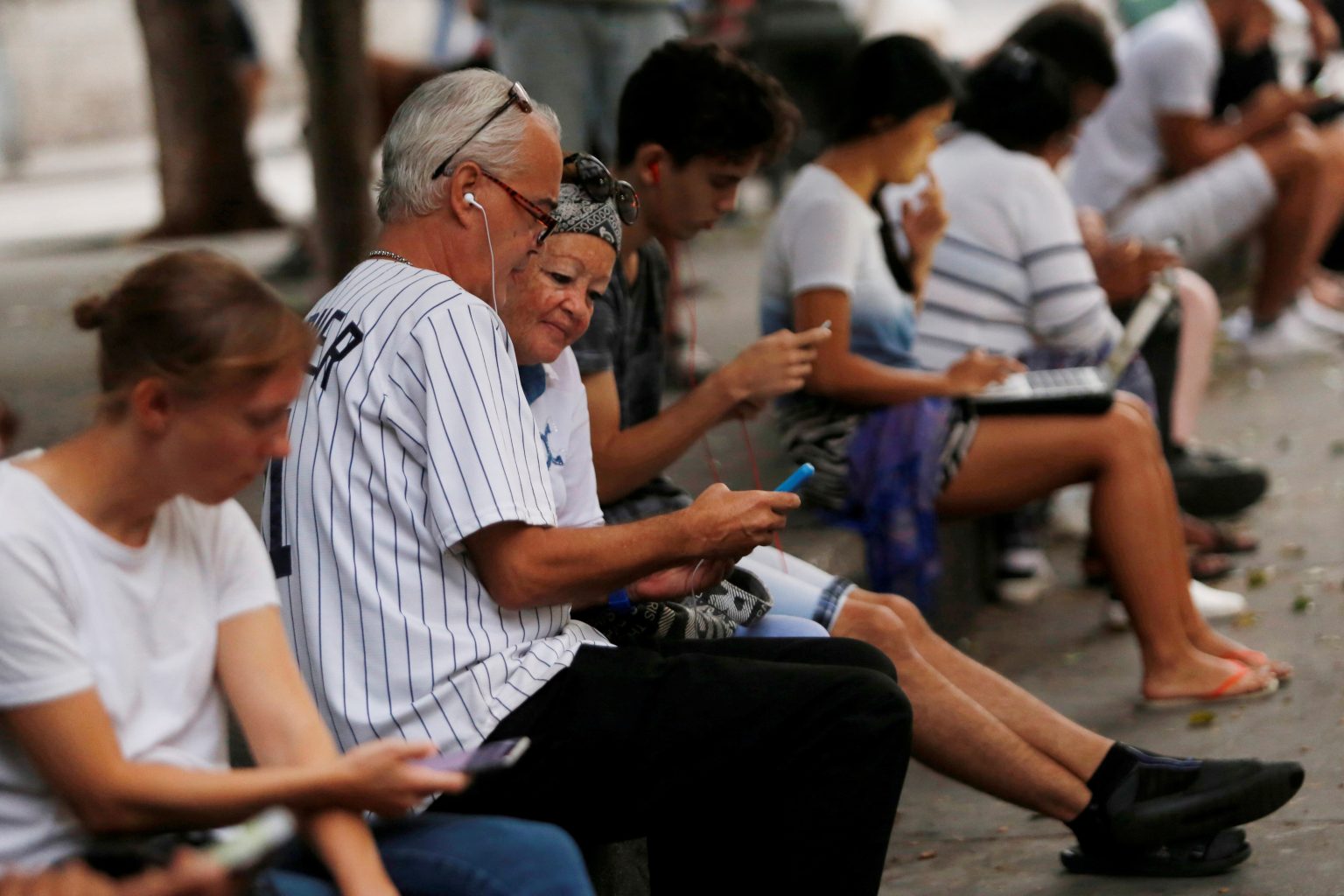Listen to the article
In Latin America, troll farms are evolving beyond political manipulation to become a growing threat to public health, with organized networks now systematically spreading medical misinformation through increasingly sophisticated methods.
These operations, once primarily focused on political disruption, are creating dangerous cycles of health disinformation that erode public trust in legitimate medical information. The COVID-19 pandemic provided a stark example, as hundreds of viral posts promoted unproven remedies and discouraged vaccination, potentially leading to harmful health outcomes across the region.
“We are seeing a shift from generating content across thousands of fake accounts to creating inauthentic digital media that mimic the behavior of journalistic outlets,” says Alfredo Velazco, director of Usuarios Digitales, an NGO monitoring social media disinformation in Latin America. “With artificial intelligence, thousands of fake articles now emerge to support lies as if they were credible sources.”
Velazco has been documenting Ecuador’s social media landscape, where a network of fraudulent news outlets with professional-looking websites has been distributing false information aimed at undermining President Daniel Noboa’s efforts to combat gang violence ahead of the 2025 elections.
The threat extends far beyond politics. When troll farms control content creation, distribution, and verification, the public struggles to distinguish fact from fiction across all topics—making public health a natural and vulnerable target.
Spanish-speaking communities face particular challenges with health misinformation. Carolina Bazante, founder of fact-checking platform Lupa Media, notes the prevalence of anti-vaccine content targeting U.S. Latino communities. “We can’t do it alone,” Bazante emphasizes, highlighting the need for broader public education efforts.
These concerns are amplified by Meta’s recent decision to scale back its fact-checking operations, which experts warn could create a dangerous vacuum in monitoring health misinformation. While platforms like X (formerly Twitter) have implemented user-based verification tools such as community notes, many critics argue these measures place too much responsibility on everyday users rather than the platforms themselves.
Behind the scenes, troll farm operations are sophisticated businesses. In Guayaquil, Ecuador, an operator named Mariela (name changed) manages 62 employees running disinformation campaigns across nine Spanish-speaking countries. Her workers earn between $400 and $2,500 monthly—a significant income in Ecuador, where the average salary is approximately $600.
“One post that goes viral is worth more than one that doesn’t,” Mariela explains, describing how her company’s strategy alternates between attacking opponents and defending clients—typically “high-level politicians concerned about their reputation.”
The pandemic created lucrative opportunities for these operations. Enrique, who runs a competing troll farm from Mexico City, recalls being paid to spread false content during the height of COVID-19 in Ecuador.
“One of our clients often asked us to viralize images we found online to claim that there were piles of decomposing corpses, or false statements purporting to be from Mayor Cynthia Viteri saying that the dead would be buried in mass graves,” he says. Such campaigns contributed to Viteri’s plummeting approval ratings and eventual electoral defeat in 2023.
Comment sections became powerful vectors for health misinformation. Mariela’s team flooded social media with fabricated testimonials supporting unproven COVID-19 treatments like ivermectin and hydroxychloroquine. Comments like “This saved my cousin’s life!” created an artificial impression of widespread public support for these dangerous pseudoscientific claims.
Despite their profession, operators maintain selective ethical boundaries. Enrique avoids “family matters: lovers, sexual preferences,” while Mariela claims to refuse work involving “sexual abusers, doctors accused of malpractice, or drug trafficking.” Beyond these exceptions, troll farms operate through discreet word-of-mouth networks, deliberately staying under the radar.
The industry has fostered deep cynicism even among its practitioners. When asked about media trust, one troll farm employee replied bluntly: “After everything I’ve seen? No. I don’t trust the media. I don’t trust anyone anymore.”
As disinformation techniques continue advancing through AI and more sophisticated impersonation of legitimate news sources, the challenge for health authorities and fact-checkers grows increasingly complex. Without robust verification systems and greater digital literacy, these operations threaten to undermine not only democratic processes but also critical public health initiatives throughout Latin America.
Verify This Yourself
Use these professional tools to fact-check and investigate claims independently
Reverse Image Search
Check if this image has been used elsewhere or in different contexts
Ask Our AI About This Claim
Get instant answers with web-powered AI analysis
Related Fact-Checks
See what other fact-checkers have said about similar claims
Want More Verification Tools?
Access our full suite of professional disinformation monitoring and investigation tools



